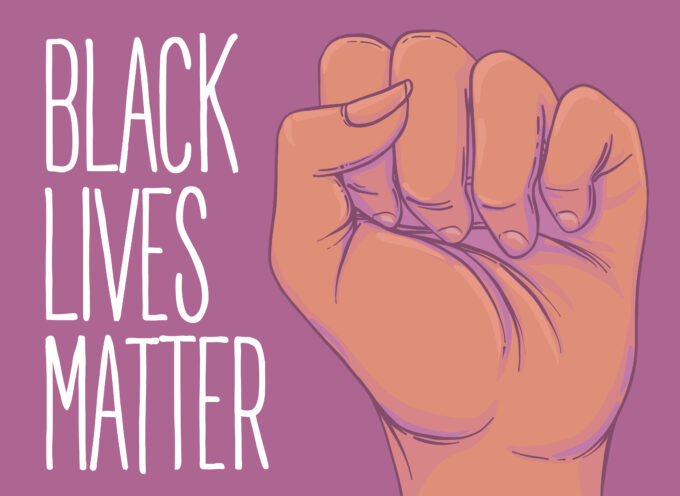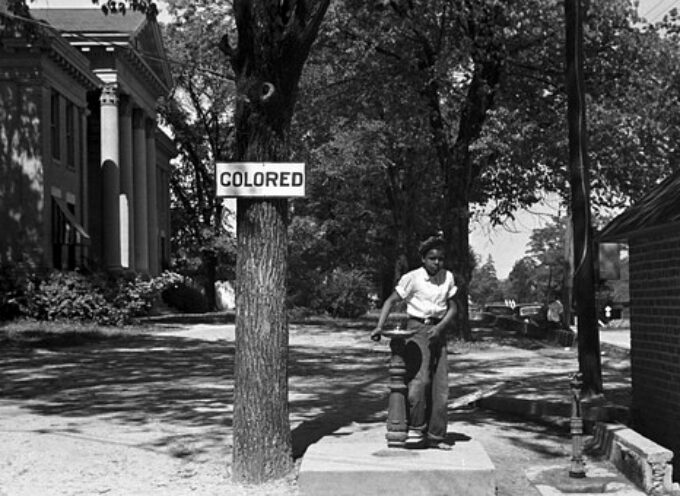During the winter of 2003, I was drugged and robbed when abroad on an overseas trip. I had never undergone such a thing, and never before had I experienced the subsequent cocktail of anger, fear, and indignation. That is because God created a world in which individuals have a right to their own body, heart, and possessions—and the actions of my abusers went against those rights.
That is why, in the eighth commandment, we are told, “You shall not steal” (Ex 20:15). God is the rightful owner of everything that exists. It is he who appropriates wealth (1 Sam 2:7) and who both gives and takes away (Job 1:21). He alone is the ultimate owner of the people and things in this world and it is he who allows us, his imagers, to be stewards of various portions of his property. Thus, when we steal, we—God’s underlings—take it upon ourselves to reallocate God’s property without his permission or the permission of the persons to whom God had given it as stewards.
The most serious type of stealing is people-theft, also known as kidnapping or slave-trading. Scripture forbids kidnapping in no uncertain terms (Ex 21:16; Deut 24:7; 1 Tim 1:9-10). Kidnapping can take the form of stealing children or adults for the sex trade, or stealing or purchasing children or adults for slavery. Concerning slavery, it is true that God approved of a certain form of slavery in Israel, but only when it involved prisoners of war and only if life was made bearable for them. Such a situation does not apply to us today. Slavery is forbidden.
Another type of stealing is heart-theft, otherwise known as manipulation. Manipulation—the duping or fooling of another person—is essentially the theft of another person’s heart. Jacob manipulated Laban by not telling him he wanted to flee with both of Laban’s daughters. The Bible describes this by saying, “20 And Jacob stole away, unknown to Laban the Syrian, in that he did not tell him that he intended to flee.” (Gen 31:20). Absalom manipulated Israel by promising them all sorts of favors during his campaign, concerning which the Bible says, “So Absalom stole the hearts of the men of Israel” (1 Sam 15:6).
In the contemporary Western politics, we must recognize as manipulation the demagoguery of dishonest politicians who make promises to the electorate, knowing full well that they don’t intend, or won’t be able to keep them. Similarly, in contemporary Western business models, we must recognize that many forms of advertising are essentially manipulation. Contemporary technology combines with marketing psychology to enable businesses to dupe people into buying things that are worthless, harmful, or even trivial, all the while praising those items or services as valuable, healthy, and important.
Additionally, the eighth commandment forbids property-theft. The Old Testament forbade people from embarking upon unjust wars in order to acquire territory, swindling the poor out of their few possessions, embezzling or mismanaging public funds, stealing their neighbor’s property, and similar types of thievery. The Pentateuch repeatedly rebukes people who cheat others with false weights and other means (Lev 19:35-36), rebukes wealthy people for not compensating their workers appropriately (Jer 22:13), rebukes people who engage in deceptive business practices (Amos 8:4-6), rebukes those who prey upon the economically vulnerable (Mt 23:14), and rebukes wealthy people for despising the poor or treating their workers badly (Jms 5:1-6).
Further, the eighth commandment has implications for the debate about private versus communal property ownership. In relation to God, we are not owners but stewards of property. In relation to other people, however, we are owners of property. And rightly so. Regardless of Karl Marx’s utopian vision in which material equality and communal ownership of property would be forced upon people in our fallen world, Scripture speaks positively about private ownership of property.
In the Old Testament, we learn that Abraham purchased a burial plot for himself (Gen 23:3-18). Each tribe of Israel had its own land (Josh 13-21). Naboth owned land which he refused to sell even to the king, Ahab (1 Kings 21:3-6). In the New Testament, we learn that John’s mother Mary as well as Lydia and Philip each owned homes (Acts 12:12; 16:14-15; 21:8). The church had members who were both wealthy and poor (1 Cor 1:26; James 2:2). Most importantly, Jesus taught that God entrusts each of us with talents for which we will one day give account (Mt 25:14-31).
In Acts 2:40-47, as Luke details the inner life of the early church, that members of the church viewed their possessions not as their own, but as available to anyone who needed them. This is a beautiful picture of voluntary sharing of one’s possessions. It is not a situation in which church members were forced to give up their possessions or in which by law private property was abolished. In other words, this passage describes the inner life of the church and does not speak to the debate about free markets and socialism.
The eighth commandment likewise is related to wealth acquisition in general. The Bible instructs humanity to work hard and unto God’s glory. The command to work is part of the original created order, as seen in the Genesis account (Gen 1:28). After the Fall, work is still viewed as a means of bringing joy and blessing (Deut 16:15) but also as something that is characterized by trouble and sorrow (Gen 3:17-19). As ethicist J. Douma notes, the Hebrew word for work actually means “to serve.” This suggests that work is a service to God and to our families and neighbors. Conversely, Scripture rebukes people who give in to the twin temptation of laziness (Prov 12:24; 2 Thess 3:10).
Finally, the eighth commandment speaks to our need to be content with our lot in life at any given moment. We should not be inordinately concerned with wealth acquisition (Mt 6:19-20). We should be content whether we are poor or rich (Prov 30:8). We should realize that part of godliness is contentment (1 Tim 6:6-10). And we should not be conceited if the Lord blesses us with wealth (1 Tim 6:7-19).
In summary, God is the owner of all people and all things. He allots to us wealth and possessions of which we are to be stewards. Thus, we should be good stewards of the wealth he has allotted and we should never steal from another person what has been given to that person.
Subscribe
Never miss a post! Have all new posts delivered straight to your inbox.







